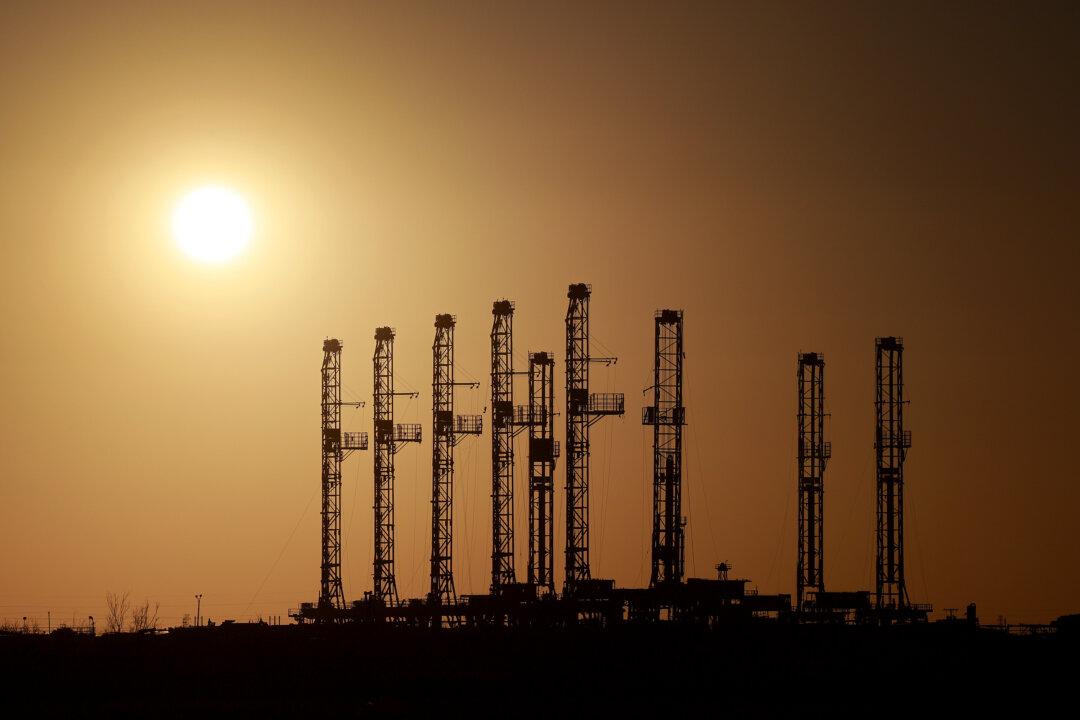The Biden administration is only putting about 20 percent of eligible federal land up for new oil leases in many areas of the country, Congressional lawmakers have been told during a Feb. 13 “field hearing” in Odessa, Texas.
And industry, community, and government leaders say it is “slow-walking” applications through a “broken permitting process” without addressing a backlog of more than 4,500 drill applications.





